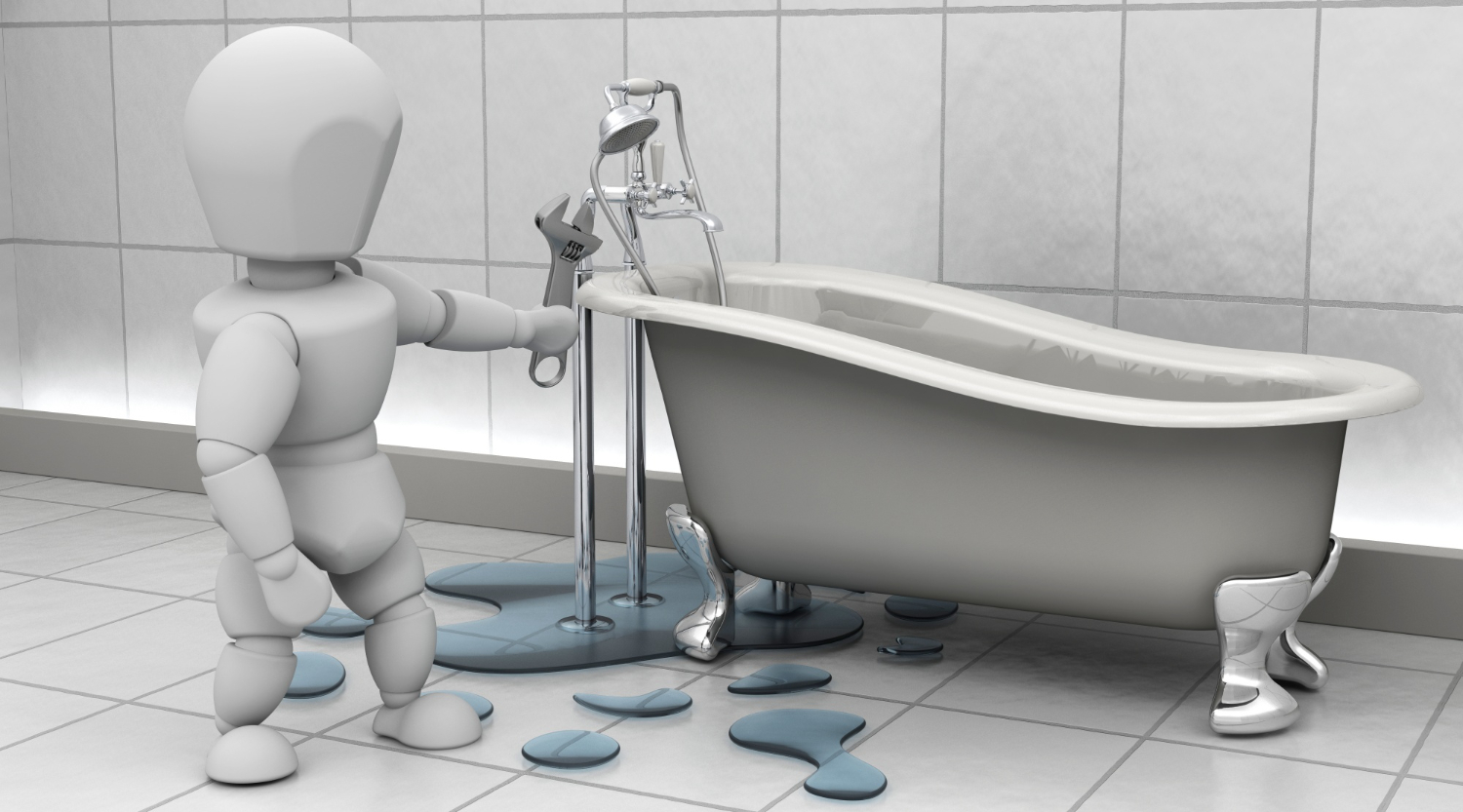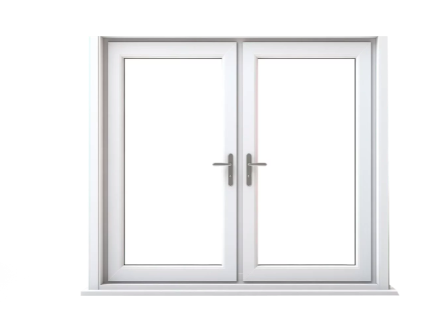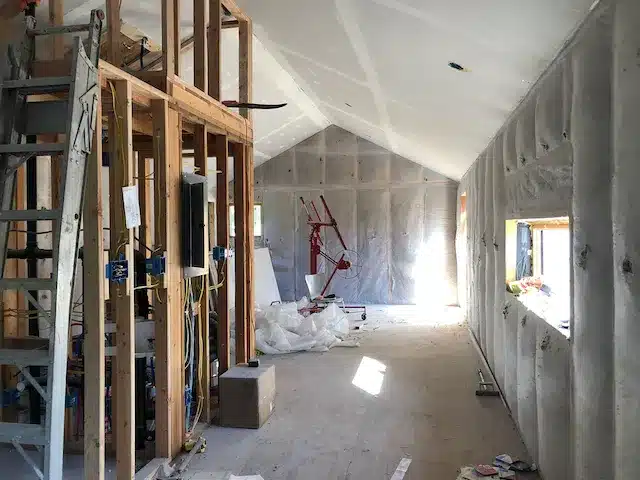How to Avoid Problems When Running Plumbing Under a Slab?
Running plumbing under a slab can be a daunting task. If not done correctly, it can lead to a host of problems down the line. Understanding the common pitfalls and taking proactive measures can save you time, money, and frustration. In this article, we’ll explore how to avoid these plumbing problems and ensure your slab plumbing is effective and durable.
What is Slab Plumbing?
Slab plumbing refers to the system of pipes and drains installed beneath a concrete slab foundation. This method is prevalent in many regions due to its cost-effectiveness and ability to keep plumbing out of sight. However, while it can be beneficial, it also presents unique challenges.
Why is Slab Plumbing Used?
Many homeowners and builders opt for slab plumbing because it allows for better space utilization above ground and minimizes the risk of frozen pipes in colder climates. However, the installation requires careful planning and execution to avoid potential issues.
Common Problems in Slab Plumbing
Water Leaks
One of the most significant issues with slab plumbing is water leaks. These leaks can go unnoticed until significant damage occurs, leading to costly repairs. Regular inspections can help catch these issues early, potentially saving you a lot of money in the long run.
Drainage Issues
Poor drainage can lead to standing water and increased pressure on pipes, which can ultimately cause breakage or leaks. Ensuring proper slope during installation is crucial to avoid this problem.
Soil Movement
Soil movement can occur due to various factors, including moisture changes, earthquakes, or poor compaction. This can put stress on the plumbing system, leading to potential cracks and leaks. Understanding the soil conditions in your area is essential for preventing such problems.
Planning and Preparation
Before beginning any plumbing project under a slab, conducting a thorough site assessment is vital. Understanding the soil type, moisture levels, and any existing structures can help mitigate future problems. This assessment can inform your decisions on pipe materials and installation methods.
Checking Local Regulations
Always check local building codes and regulations regarding plumbing installations. Compliance with these regulations can prevent future headaches and ensure safety. It’s essential to be aware of any permits or inspections required in your area.
Hiring Professionals
While DIY projects can be rewarding, plumbing under a slab is often best left to the professionals. Hiring experienced plumbers can save you from costly mistakes and ensure that everything is installed correctly. Look for licensed and insured professionals with good reviews.
Installation Tips
The materials you choose for your plumbing system can greatly affect its longevity. Opt for high-quality pipes and fittings that can withstand the pressures and conditions under a slab. Materials like PVC and PEX are often recommended for their durability and resistance to corrosion.
Proper Pipe Placement
Correctly placing pipes is essential to avoid clogs and leaks. Ensure there’s enough space between pipes and that they are adequately supported to prevent sagging or shifting. A well-thought-out layout can help prevent future issues.
Using Sleeves for Protection
Utilizing protective sleeves for pipes can significantly reduce the risk of damage from soil movement or shifting. This extra layer of protection can save you time and money in the long run. It’s a small investment that can pay off by preventing significant damage.
Maintenance Best Practices
Make it a habit to inspect your plumbing system regularly. Look for signs of leaks or other issues, and address them immediately to prevent further damage. Catching problems early can save you from extensive repairs down the line.
Keeping Records of Plumbing Changes
Document any changes or repairs made to your plumbing system. This record can be invaluable for future maintenance and inspections. Having a detailed history of your plumbing system can help you and any future plumbers understand what’s been done.
Signs of Plumbing Problems
Watch for signs that indicate plumbing issues, such as unexplained water bills, damp spots on floors, or mold growth. Early detection can save you from extensive repairs. If you notice any of these signs, it’s essential to investigate immediately.
When to Call a Professional
If you notice any significant changes in your plumbing system or if problems persist, don’t hesitate to contact a professional. They can diagnose and address issues effectively, ensuring that your plumbing system remains reliable.
Conclusion
Running plumbing under a slab doesn’t have to be a nightmare. By understanding the potential problems, planning effectively, and keeping up with maintenance, you can enjoy a reliable plumbing system for years to come. Remember, when in doubt, consult with professionals to ensure everything is installed correctly. And for those seeking expert plumbing services, Backhouse Jones is here to help—visit us at Backhouse Jones for more information!
FAQs
What are the most common slab plumbing issues?
-The most common issues include water leaks, drainage problems, and damage from soil movement. Regular inspections can help identify these problems early.
How can I prevent water leaks?
-Ensuring proper installation and using high-quality materials can help prevent leaks. Regular inspections are also crucial.
Is it necessary to hire a plumber?
-For complex installations and repairs, it’s often best to hire a professional to ensure everything is done correctly.
What materials are best for slab plumbing?
-PVC and PEX pipes are popular choices for slab plumbing due to their durability and resistance to corrosion.
How often should I inspect my plumbing?
-It’s recommended to inspect your plumbing system at least once a year, or more frequently if you notice any signs of trouble.
What are the signs of soil movement?
-Signs of soil movement can include cracks in the foundation, uneven floors, or doors and windows that stick.
How do I find a qualified plumber?
-Look for licensed and insured plumbers with positive reviews. You can also ask for recommendations from friends or family.
Can I run plumbing myself under a slab?
-While some may attempt it, running plumbing under a slab is complex and best handled by professionals to avoid potential issues.
You Can Also read my other informative Blog at: How Do Small Business Loans Work for New Businesses?














Post Comment